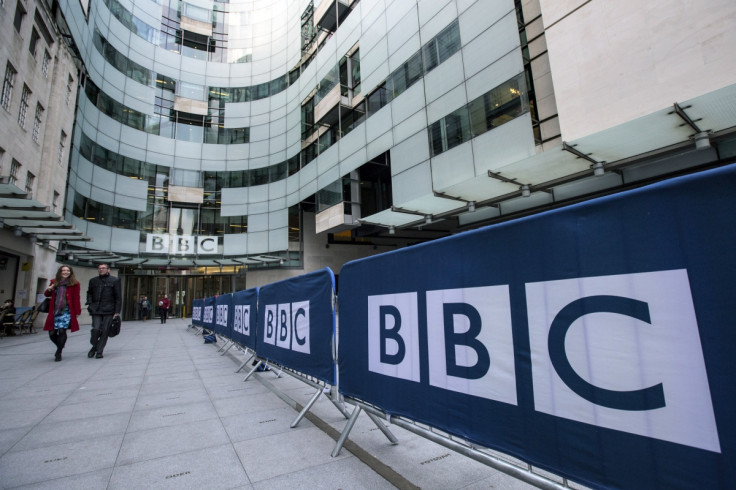Government to close BBC iPlayer loophole as part of White Paper 'overhaul' of broadcaster

A rise in the licence fee, the disclosure of the salary of some of its highest earning staff and the closure of a loophole which meant viewers could watch iPlayer for free are just some of the changes the BBC will implement as part of a "major overhaul" by the government.
The long-awaited White Paper detailing the future of the BBC, announced by culture secretary John Whittingdale, also revealed independent media regulator Ofcom will oversee the BBC's output, replacing the soon-to-be-defunct BBC Trust. The move means the BBC will be regulated from an external source for the first time in its history.
Elsewhere, Whittingdale also confirmed the BBC Royal Charter – the agreement with the government into what the BBC intends to do in the upcoming years – will now be renewed every 11 years instead of the current 10-year period. This will take debates about the BBC out of the election cycle
The BBC will also be expected to disclose which of its stars earn more than the £450,000 a year paid to director general Tony Hall. Among these are expected to be Graham Norton, Gary Lineker, Fiona Bruce and Chris Evans, who is estimated to be the highest paid person at the BBC following his return to present Top Gear. However, the pay will only be revealed in "broad bands", meaning the actual amount will not be made public.
The White Paper also reveals that the licence fee will increase in line with inflation for five years, meaning the current fee of £145.50 will increase in 2017 until 2022. The government will also determine what the licence fee cost will be every five years. The government will also close the BBC iPlayer loophole, through which non-licence holders are viewing live TV via the online service.
The BBC will have the ability to appoint a majority of its board independently of government. Whittingdale described this as a "major change" for the broadcaster as previously the BBC Governors, and then the members of the BBC Trust, were all appointed by government.
Whittingdale said: "The proposals that we are publishing are the result of one of the largest and most open consultations ever conducted. We have taken on board extensive views and evidence from those who watch and listen to the BBC – those who love it, those who can be frustrated by it and those who feel underserved by it.
"These reforms will embolden the BBC to take risks, to create confidently and unashamedly the highest quality, distinctive content for all audiences. It will provide the foundations for a stronger, more independent, more distinctive BBC that will inform, educate and entertain for many years to come."
BBC 'overhaul' in full
The BBC said the White Paper that will provide the broadcaster with a long-term plan of action for it to continue to "inform, educate and entertain the entire British public".
Following the disclosure of the White Paper "affirming the importance of the BBC", Hall said: "This White Paper delivers a mandate for the strong, creative BBC the public believe in. A BBC that will be good for the creative industries – and most importantly of all, for Britain.
"There has been a big debate about the future of the BBC. Searching questions have been asked about its role and its place in the UK. That's right and healthy, and I welcome that debate.
"At the end, we have an 11-year charter, a licence fee guaranteed for 11 years, and an endorsement of the scale and scope of what the BBC does today. The White Paper reaffirms our mission to inform, educate and entertain all audiences on television, on radio and online."
He added: "We have an honest disagreement with the government on this. I do not believe that the appointments proposals for the new unitary board are yet right. We will continue to make the case to government. It is vital for the future of the BBC that its independence is fully preserved."
© Copyright IBTimes 2025. All rights reserved.




















